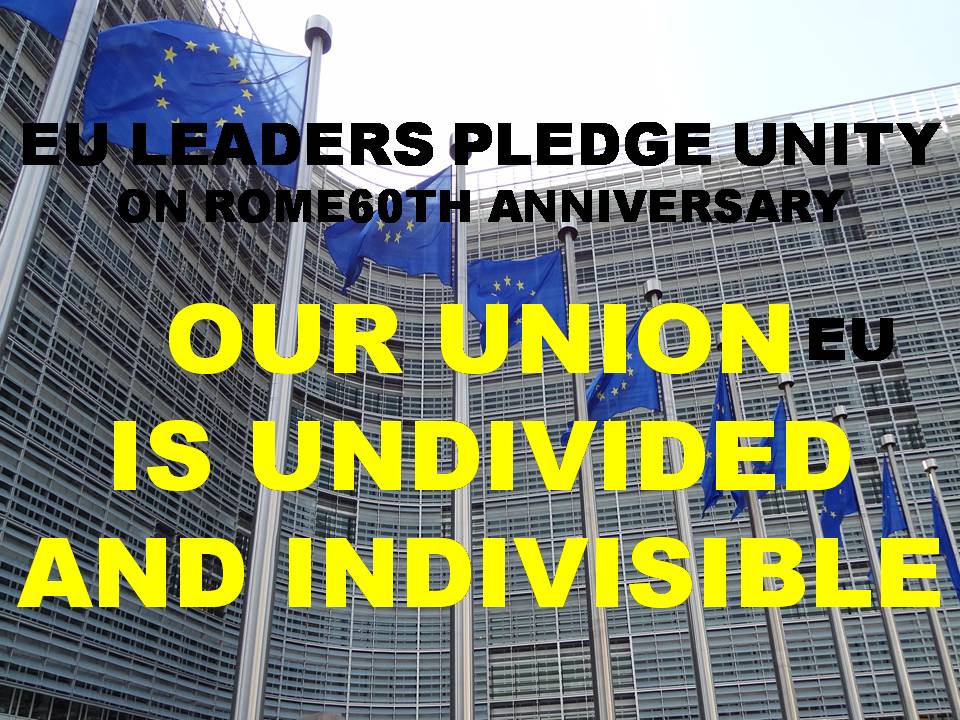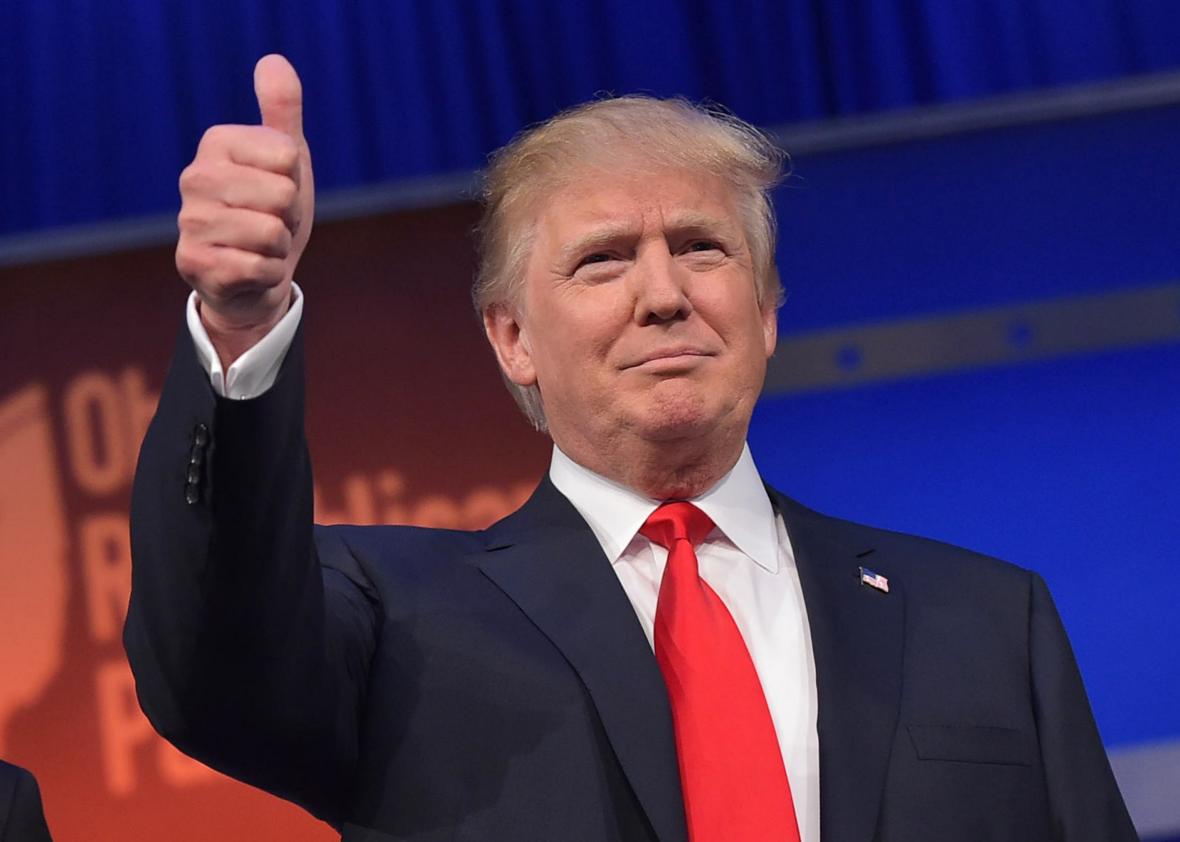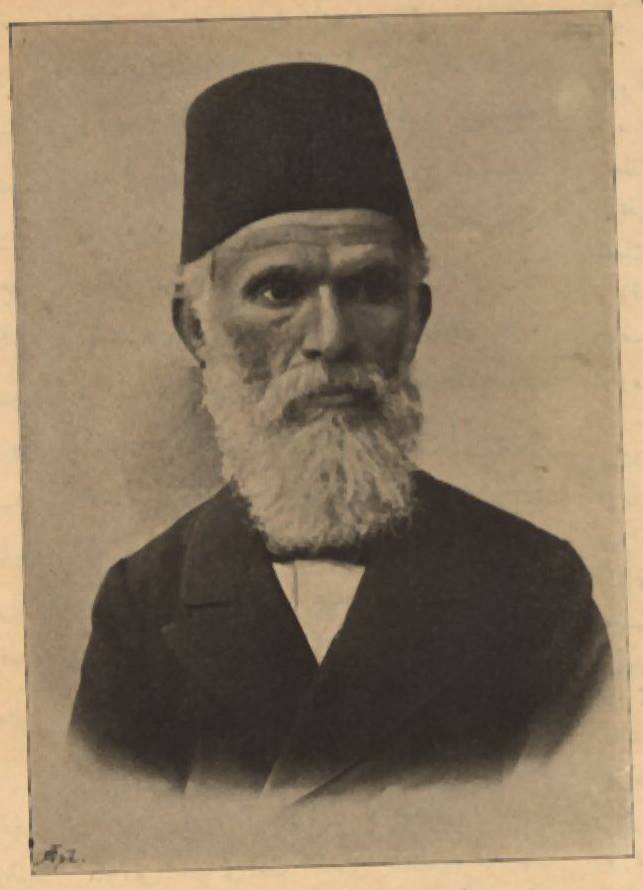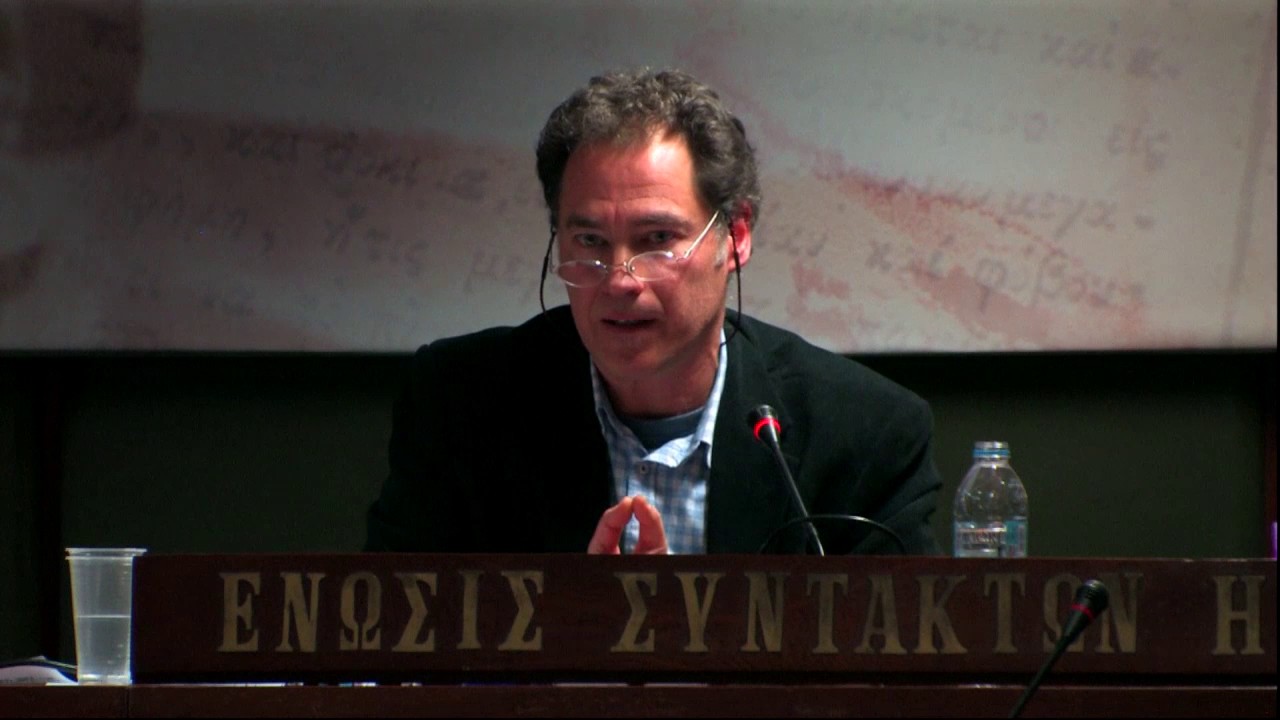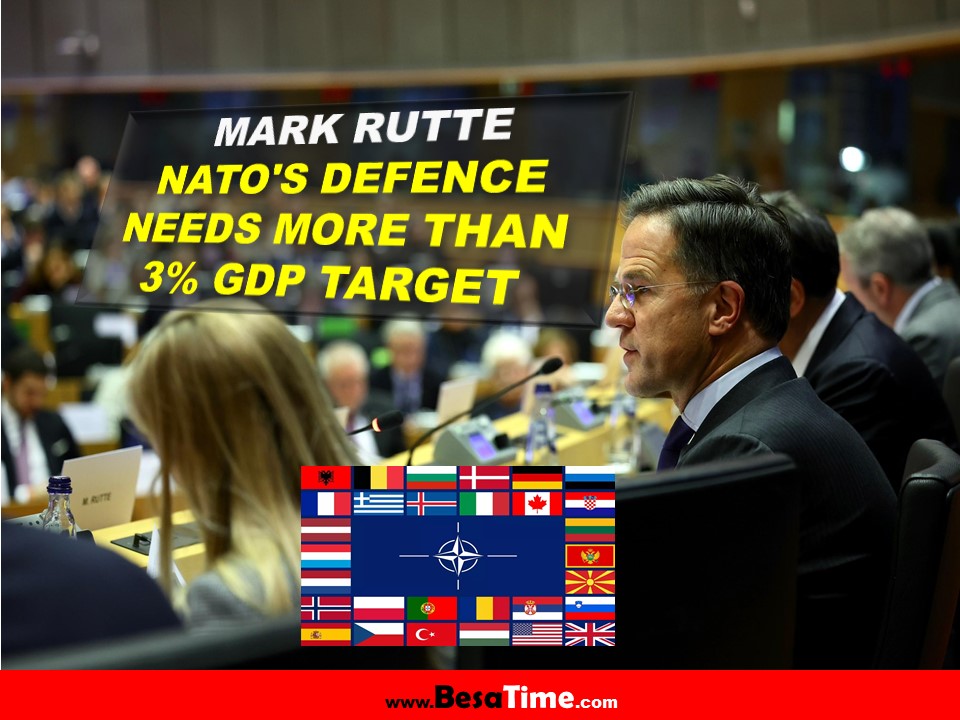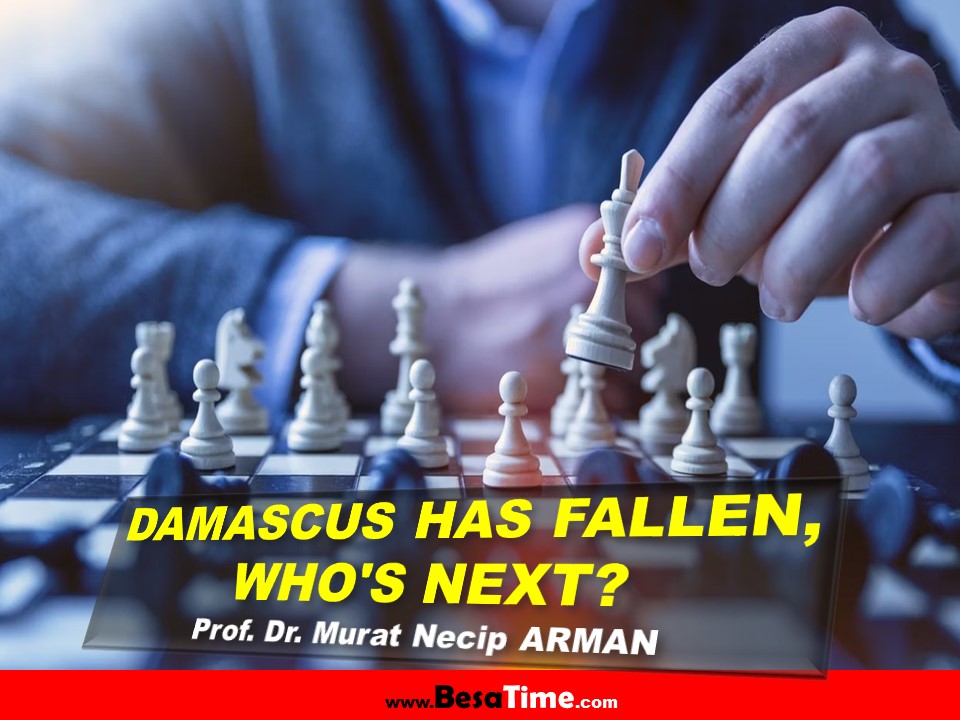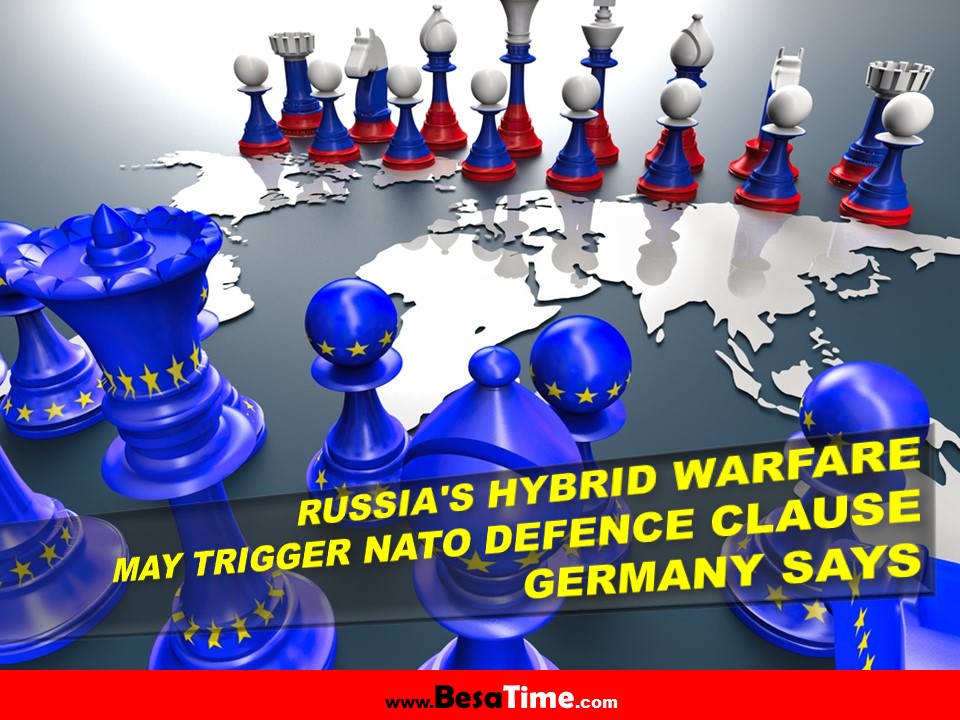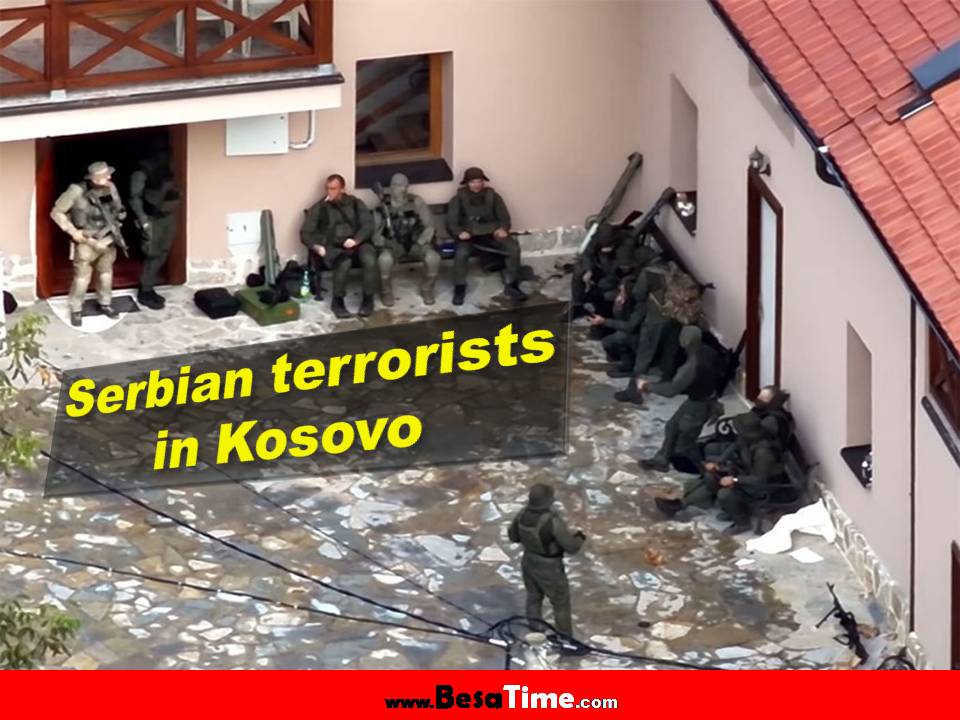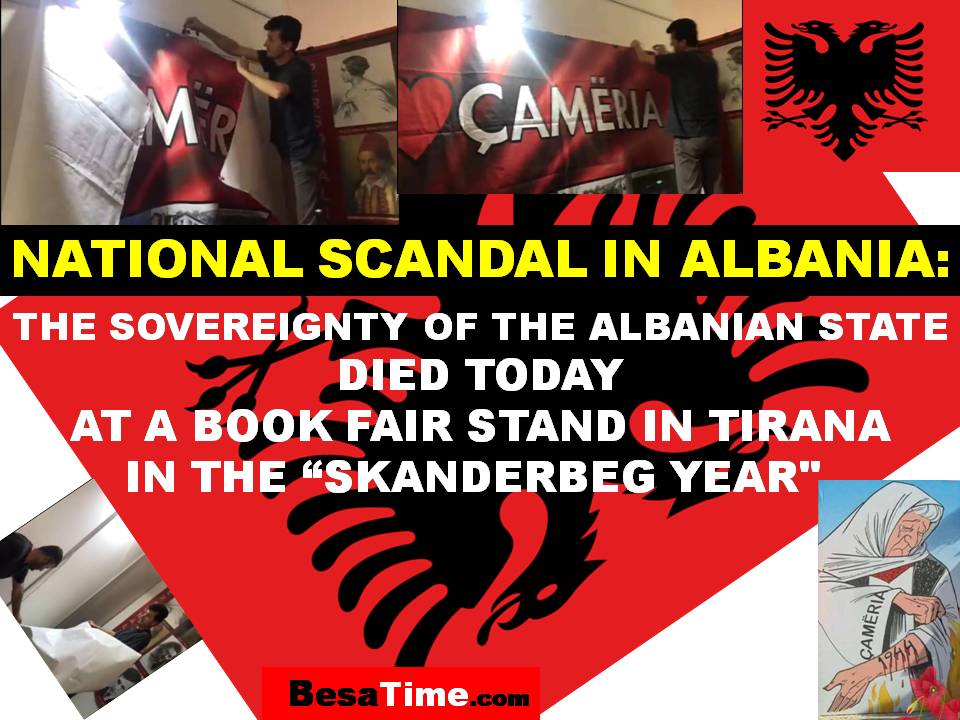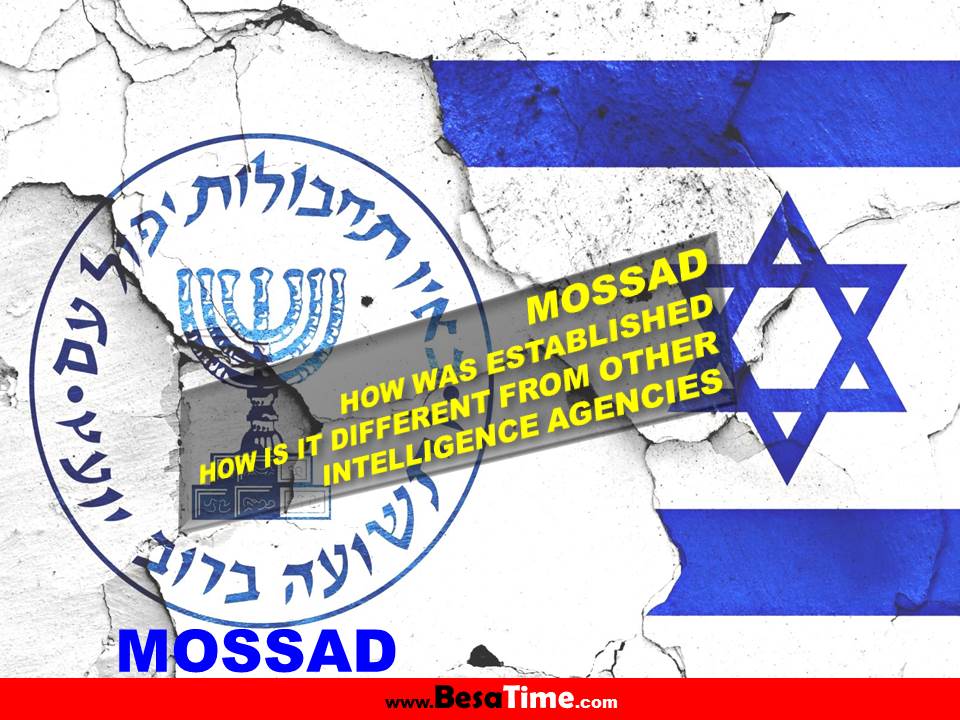
BESA TIME®
True News PortalCHINA'S BALANCING ACT WITH RUSSIA NOT EASY TO PULL OFF
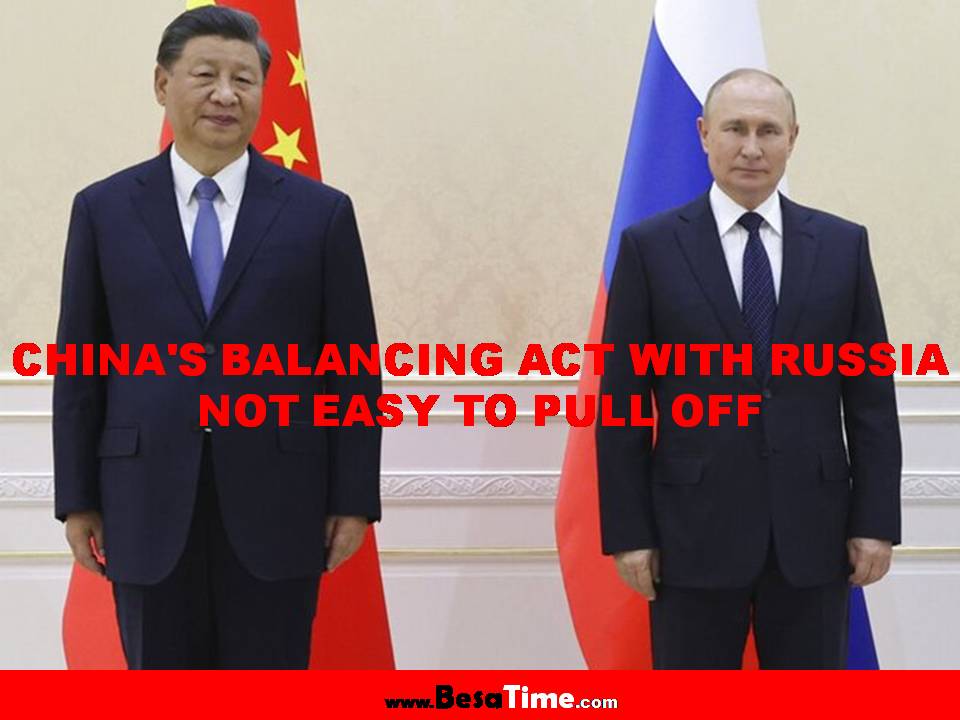
CHINA'S BALANCING ACT WITH RUSSIA NOT EASY TO PULL OFF
Analysts “China, at least publicly, is not wanting to condemn Russia, but privately we can imagine that China is saying to Russia, look, this war is hurting you. It's hurting us," says an observer.
Darrelle Ng
 [left][/left]
[left][/left]China's President Xi Jinping and Russian President Vladimir Putin during their trilateral meeting on the sidelines of the Shanghai Cooperation Organisation (SCO) leaders' summit in Samarkand on Sep 15, 2022.
SINGAPORE: China’s President Xi Jinping trod carefully around Russia’s invasion of Ukraine during talks with Russian counterpart Vladimir Putin on Thursday (Sep 15), in a delicate balancing act that analysts said was not easy for Beijing to pull off.
"How do you simultaneously balance a deepening embrace of China when that very embrace is further undermining your relationships with the West? It's not an easy balancing act for Beijing to pull off," political observer Ali Wyne told CNA’s Asia First on Friday, a day after the two leaders spoke.
China recognises that while a tighter embrace of Russia is necessary to offset pressures from advanced industrial democracies, in the long term, relationships in the West are going to be far more consequential than its relationship with Russia, noted Mr Wyne, a senior analyst from Eurasia Group's global macro-geopolitics practice.
“The fact that Putin publicly conceded, in a forum that is being watched around the world, that Xi has questions and concerns about the war, sends an important signal about China’s concerns about the long-term consequences of the war,” said Mr Wyne.
Mr Putin surprised analysts in his opening remarks when he acknowledged that China had questions and concerns about the situation in Ukraine, during a meeting held on the sidelines of the Shanghai Cooperation Organisation summit in Uzbekistan.
Mr Wyne, whose work focuses on US-China relations, said that the mood had “sobered somewhat” compared to back in February when Beijing and Moscow announced a “no limits” partnership to counter US influence.
“I think that what we're seeing is that the relationship indeed has limits,” said Mr Wyne.
THE BALANCING ACT
Still, China doesn't want to be seen by the Russians as not supportive of them even as it tries not to generate more problems with the West than it already has now, said Dr Benjamin Ho, assistant professor of the China Programme at the S Rajaratnam School of International Studies (RSIS).
“So I think issues such as Ukraine, Taiwan and NATO expansion … will mostly be in broad strokes and not in specific details. I don't think that Xi or Putin will be revealing all their cards to one another,” Dr Ho told CNA938’s Asia First.
Dr Ho said China has two key messages to convey to Moscow over the course of the summit.
“First, whatever happens in Ukraine, or to Ukraine, is Russia's responsibility, and that it should be contained within Russia and not spill over to China,” said Dr Ho. “The second is that China sees Moscow as a strategic partner with whom to forge a world order, that is presumably more just than what we’ve seen with the existing American-led liberal order.”
China has refrained from calling Russia's operation against Ukraine an "invasion" and in return, Russia has praised China for what it calls a “balanced” position on the conflict.
Mr Wyne said China is cautiously managing a number of competing objectives - its relationship with Russia, its relationship with the West, as well as committing to upholding sovereignty and territorial integrity.
“China’s policy trilemma is that it’s very difficult to sustain all three of those trajectories simultaneously,” said Mr Wyne.
Analysts said that a prolonged war in Ukraine contributing to growing disruptions to energy and food markets does not advance China’s national interests.
“I think that most signs are that China, at least publicly, is not wanting to condemn Russia, but privately we can imagine that China is saying to Russia, look, this war is hurting you. It's hurting us. It's hurting our relationship. And so let's see if we can push for a diplomatic resolution,” said Mr Wyne.
BONDED BY SHARED GRIEVANCES
China and Russia are bonded by shared grievances against the United States, and more broadly against the West, as well as grievances against the configuration of the international system, said Mr Wyne.
Dr Ho called the US the “glue” between China and Russia, as both countries see the US interfering in their affairs – via NATO in Europe and the Indo-Pacific in Asia.
“In other words, the common enemy that they both have is the United States, and it’s the biggest glue that keeps both China and Russia together, because if they do not stick together, then they will lose the diplomatic influence to shape rules and decisions of what happens internationally,” said Dr Ho.
A significant aspect of Mr Xi’s trip and his meeting with Mr Putin was that China and Russia could be seen as “an alternative world order”, a counterweight to the global dominance of the West, particularly the US, said Dr Ho.
“The Chinese want to convey the message that Moscow is part of a broader community of an alternative world order to the West, of which China sees itself as a flag-bearer of … that in a post-pandemic world, the rules and configuration of international order should not be determined by the US and the West, but by other countries outside the West,” said Dr Ho.
TURBULENT TIMES AHEAD FOR INDO-PACIFIC
Mr Wyne said the growing geopolitical tussle for influence has caused increased congestion in the Indo-Pacific, with the region seeing heightened naval activities and countries raising their defence budgets.
Russia announced on Thursday it has joined China's navy in patrols in the Pacific Ocean.
Mr Wyne said that major powers in the region have expressed concerns about greater interoperability between China and Russia looking to preserve stability in the Indo-Pacific, with the region becoming more contested militarily.
“I think that we will see a continued uptick in activity by the Quad, we will see a continued uptick in activity between the United States working with its allies and partners in the region. So, tough and turbulent times ahead in the region,” he said. ChannelNewsAsia
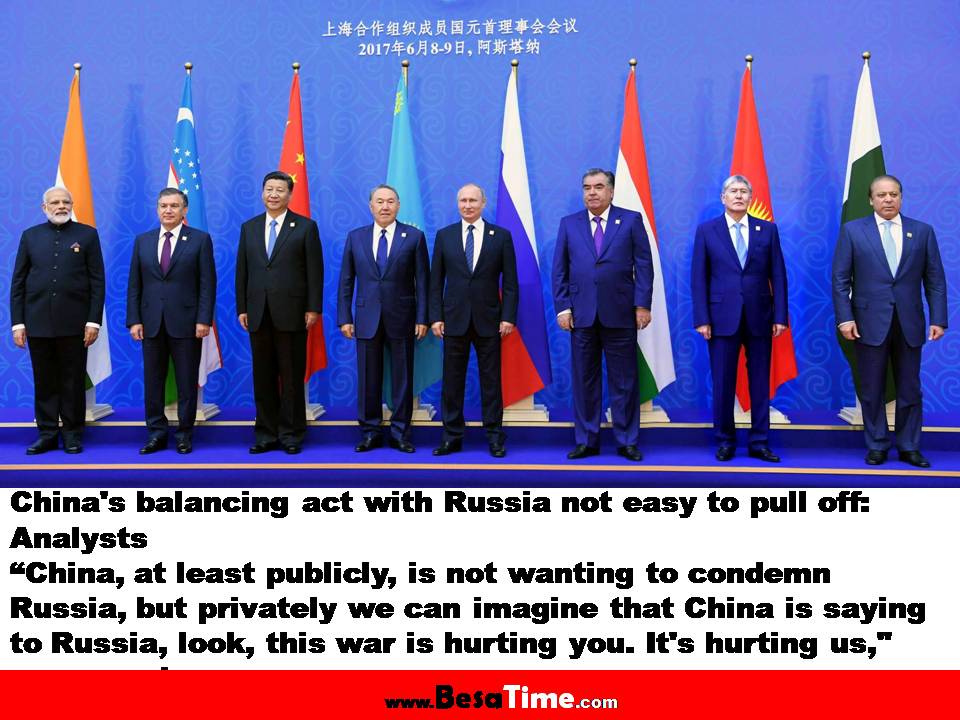
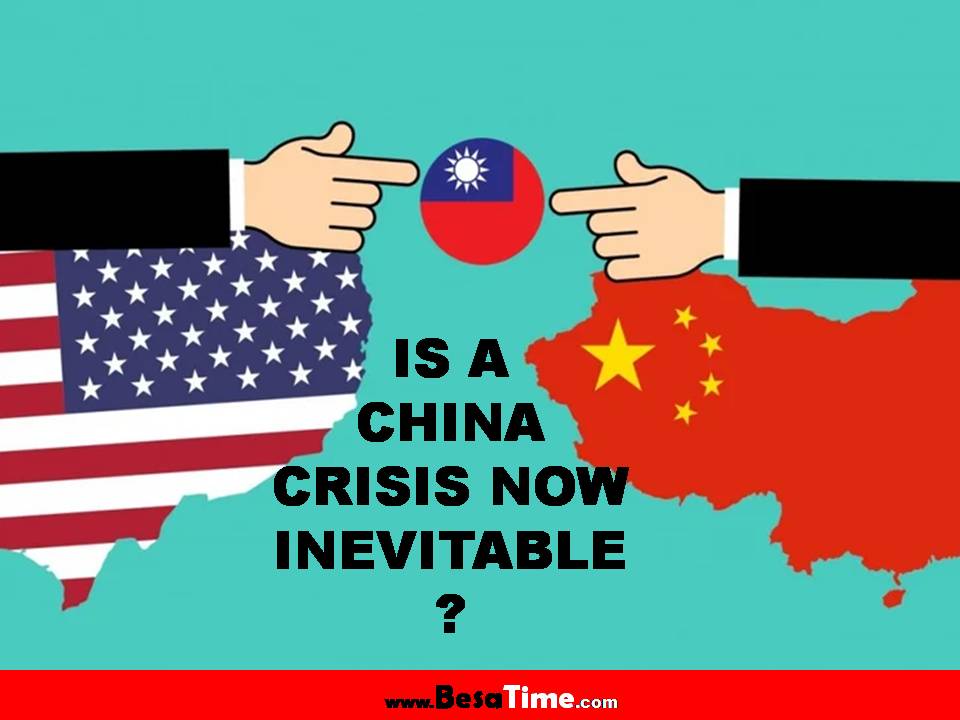
IS A CHINA CRISIS NOW INEVITABLE?
IS A CHINA CRISIS NOW INEVITABLE?...
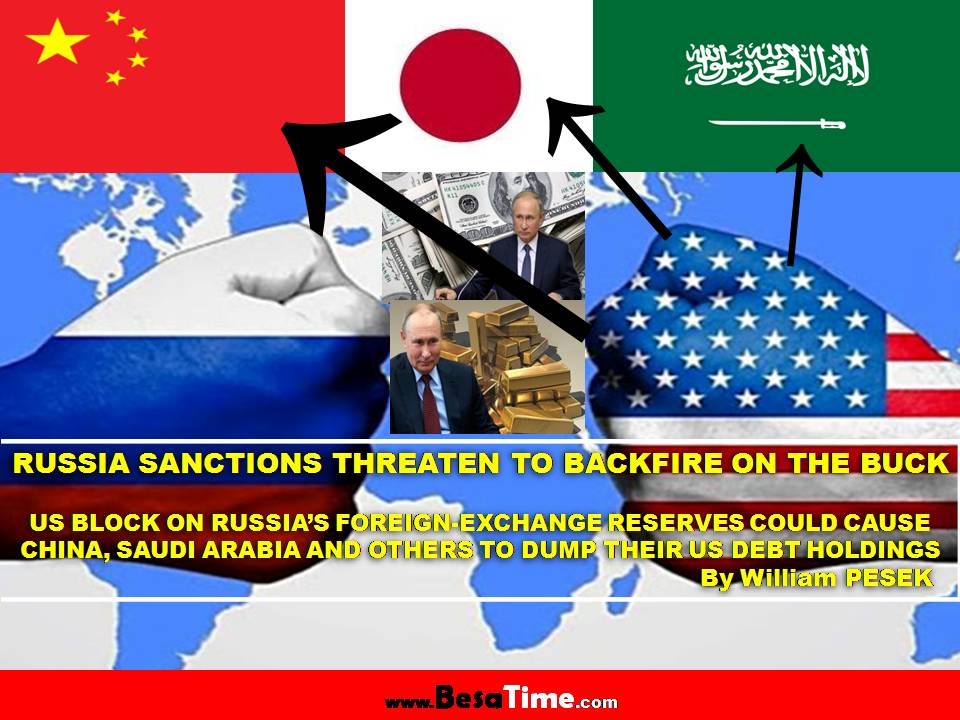
RUSSIA SANCTIONS THREATEN TO BACKFIRE ON THE BUCK
RUSSIA SANCTIONS THREATEN TO BACKFIRE ON THE BUCK US BLOCK ON RUSSIA’S FOREIGN-EXCHANGE RESERVES COULD CAUSE CHINA, SAUDI ARABIA AND OTHERS TO DUMP THEIR US DEBT HOLDINGS By William Pesek AsiaTimes...
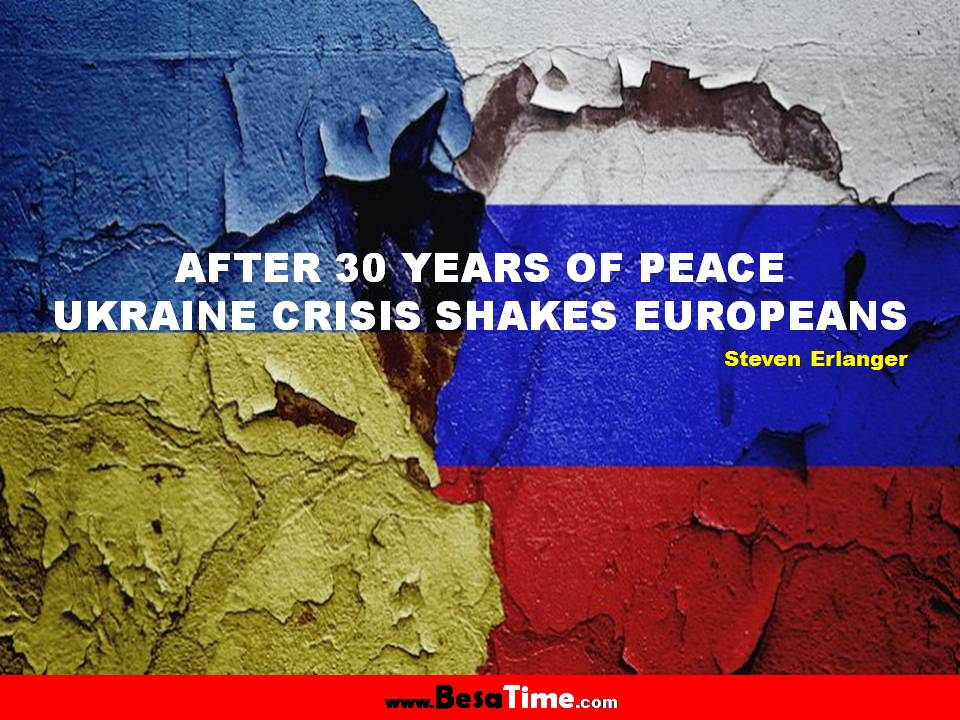
AFTER 30 YEARS OF PEACE, UKRAINE CRISIS SHAKES EUROPEANS │ Steven ERLANGER
AFTER 30 YEARS OF PEACE, UKRAINE CRISIS SHAKES EUROPEANS Steven Erlanger│NYT The happy complacency of post-Cold War peace is being shattered by Russia’s threats, demands and massive military buildup around Ukraine....
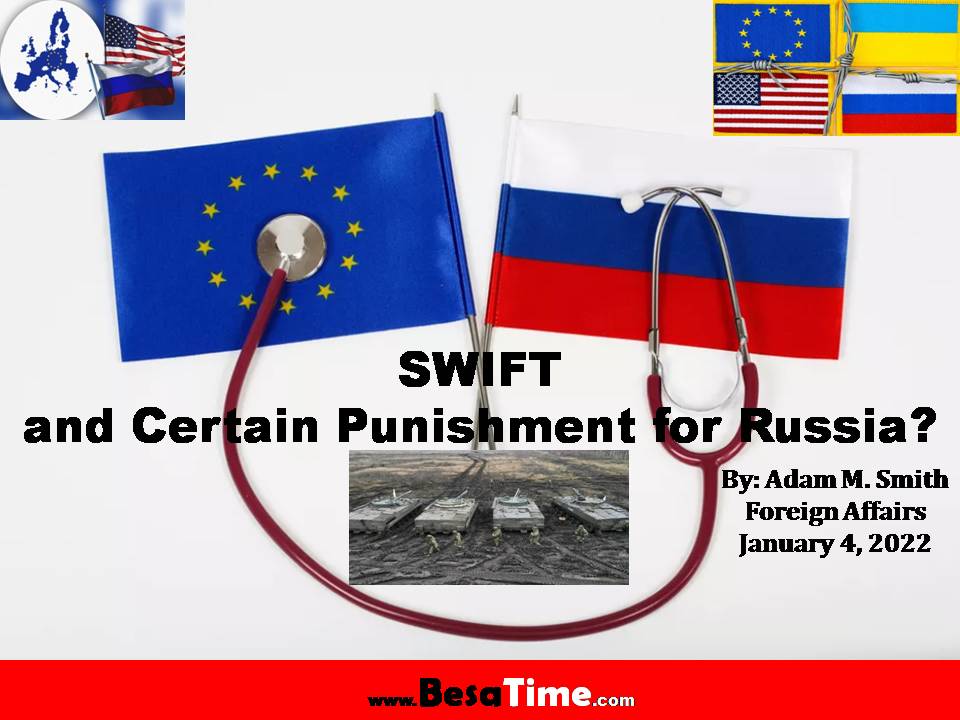
SWIFT AND CERTAIN PUNISHMENT FOR RUSSIA? │Adam M. Smith FA
SWIFT AND CERTAIN PUNISHMENT FOR RUSSIA? By Adam M. Smith │ Foreign Affairs...
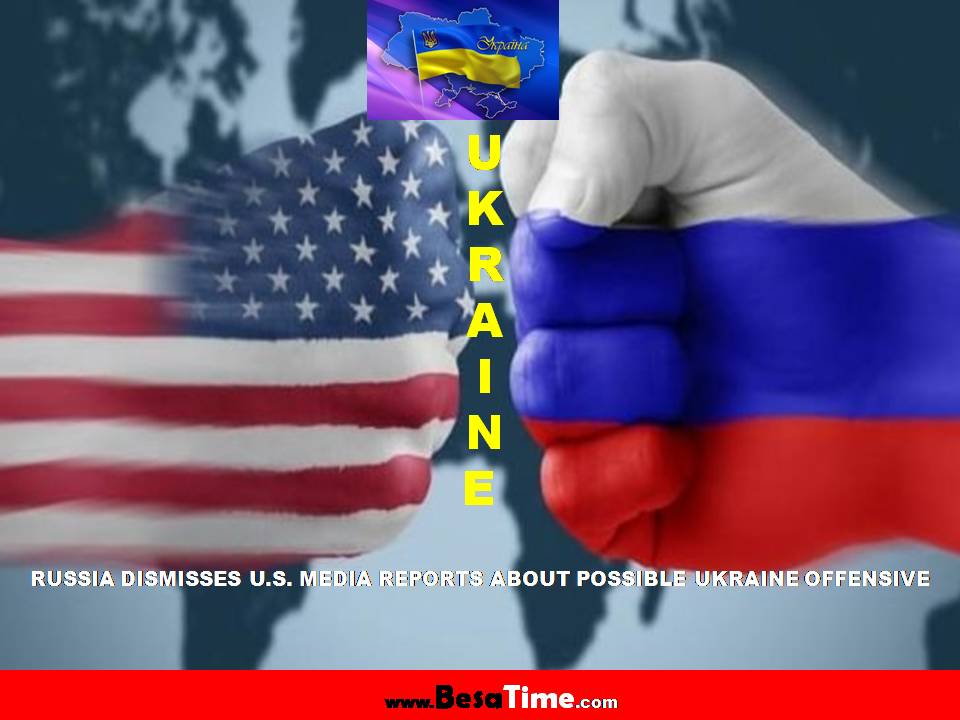
RUSSIA DISMISSES U.S. MEDIA REPORTS ABOUT POSSIBLE UKRAINE OFFENSIVE
RUSSIA DISMISSES U.S. MEDIA REPORTS ABOUT POSSIBLE UKRAINE OFFENSIVE...
